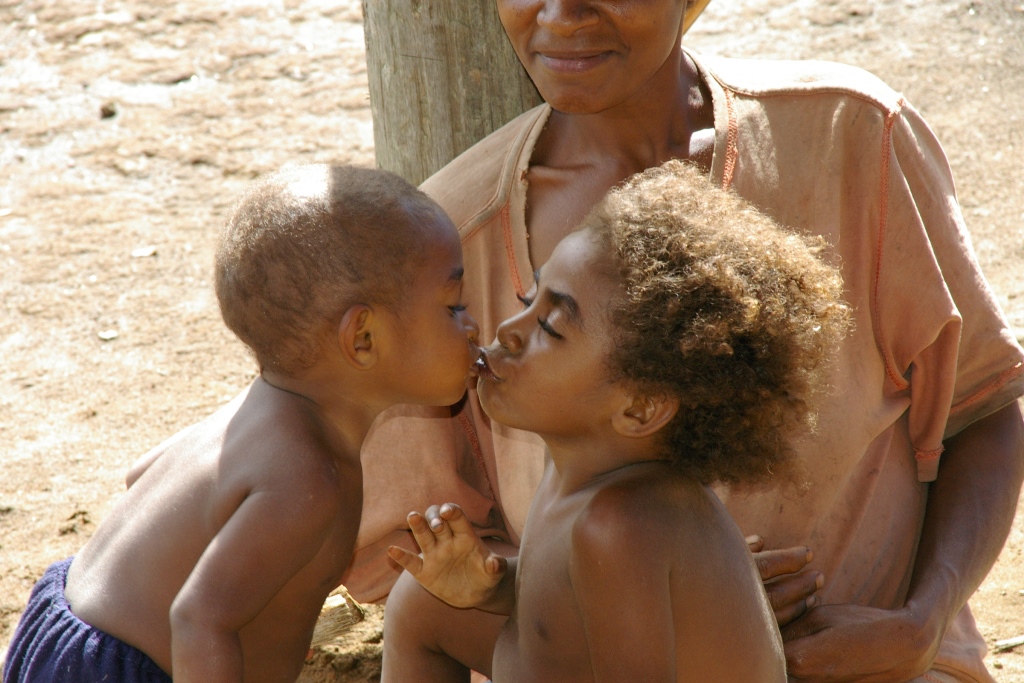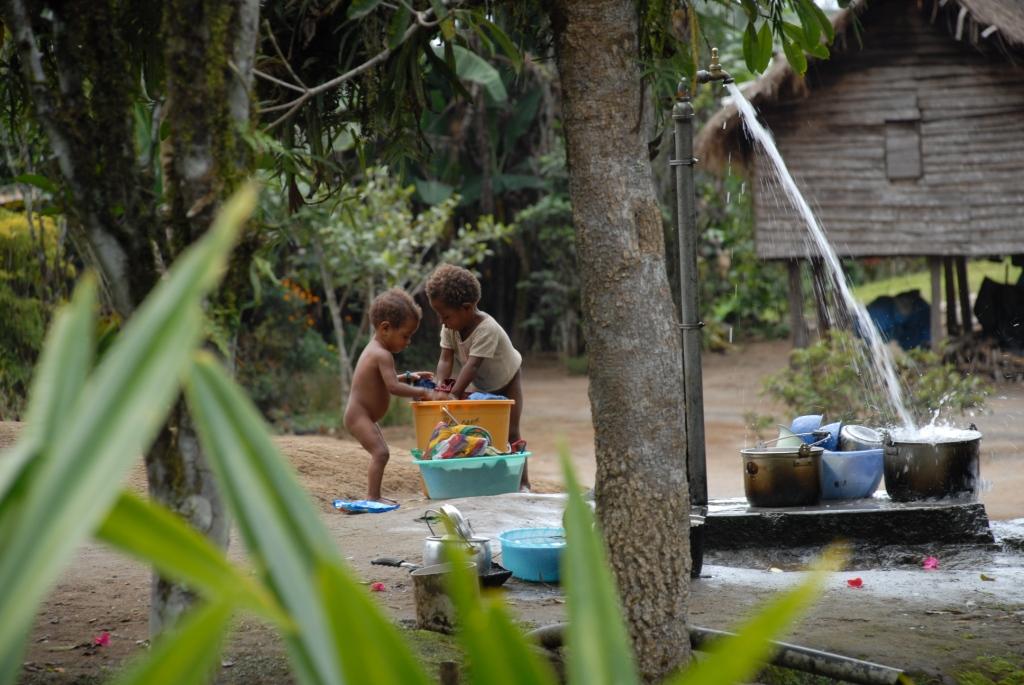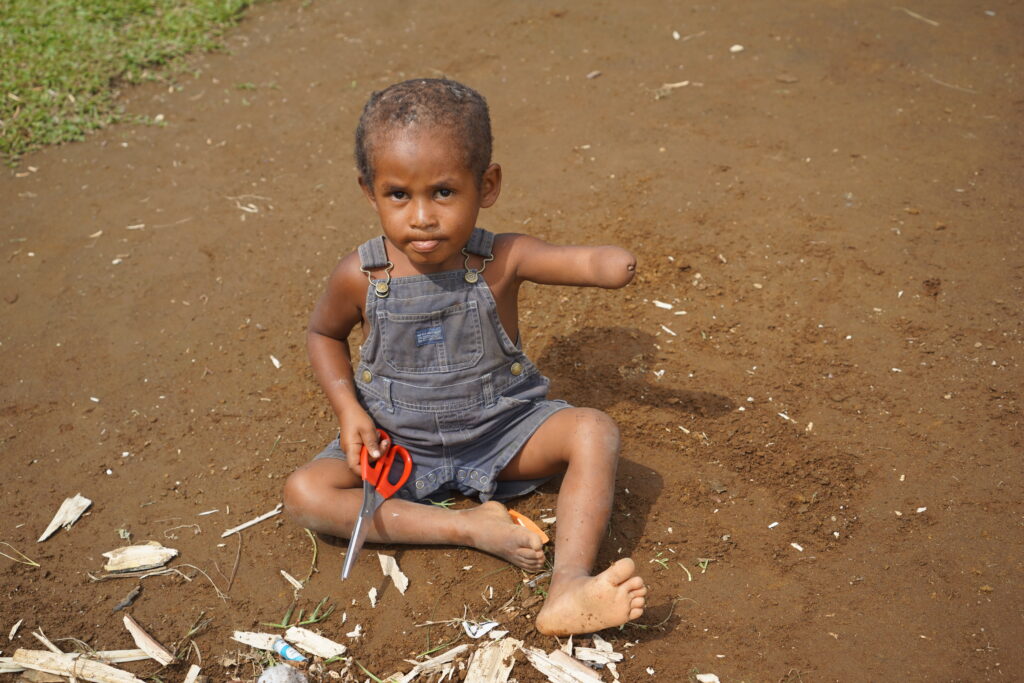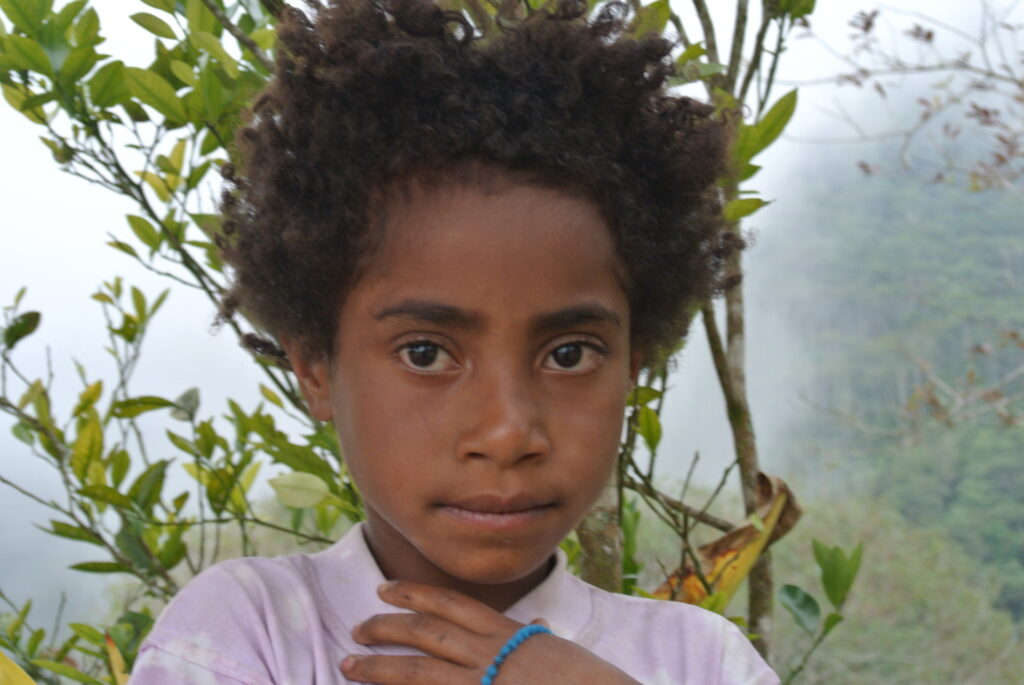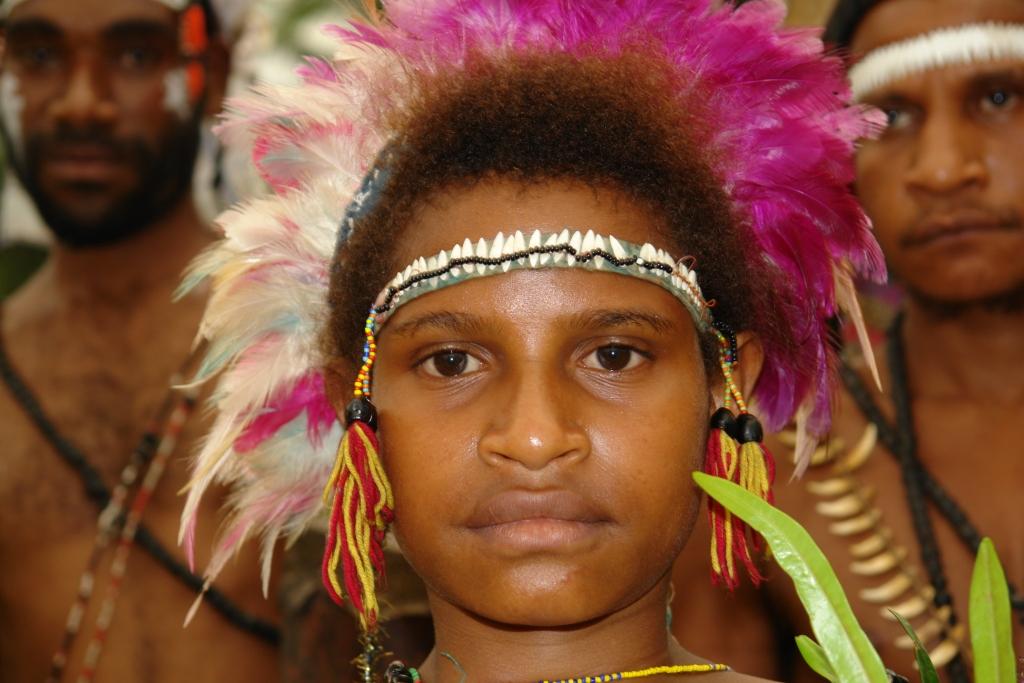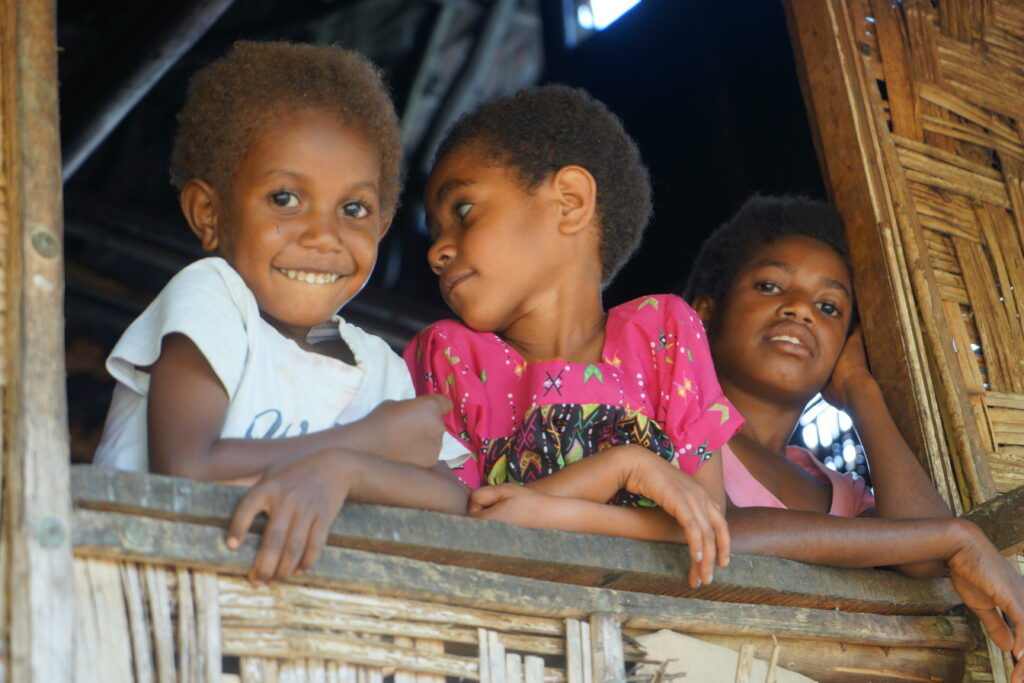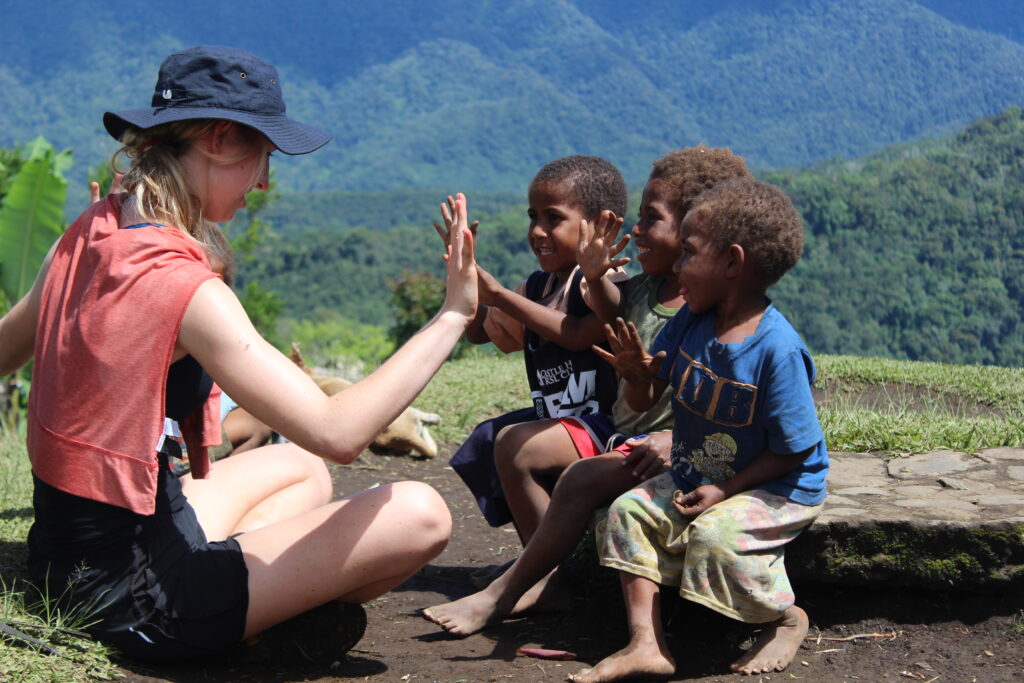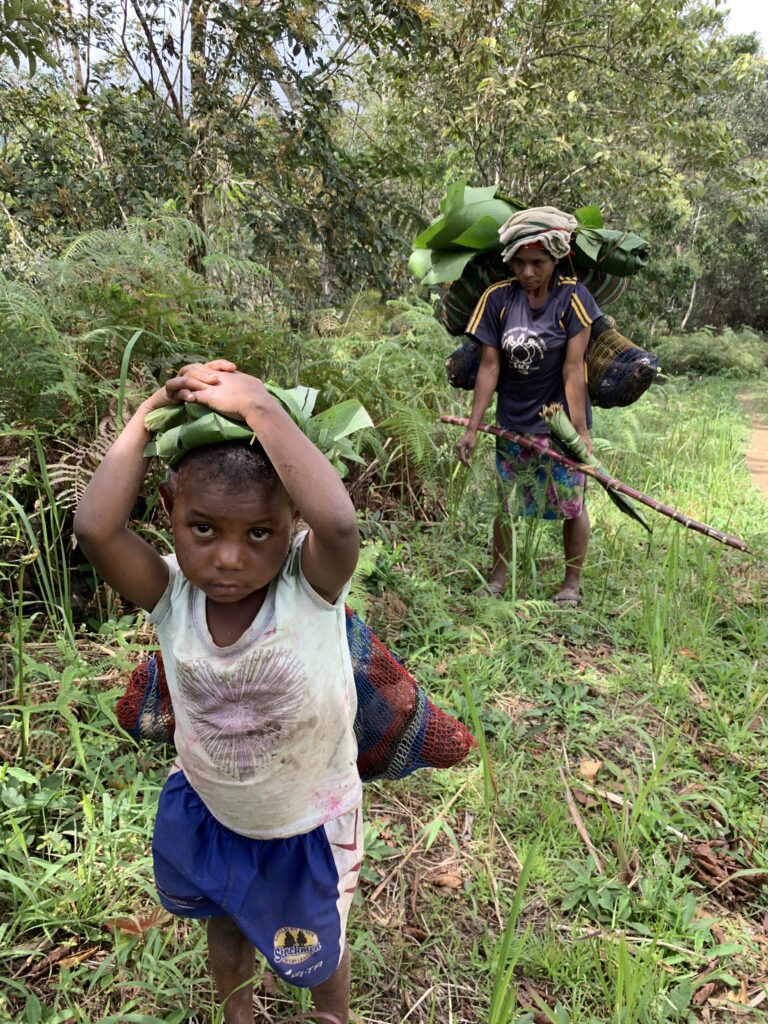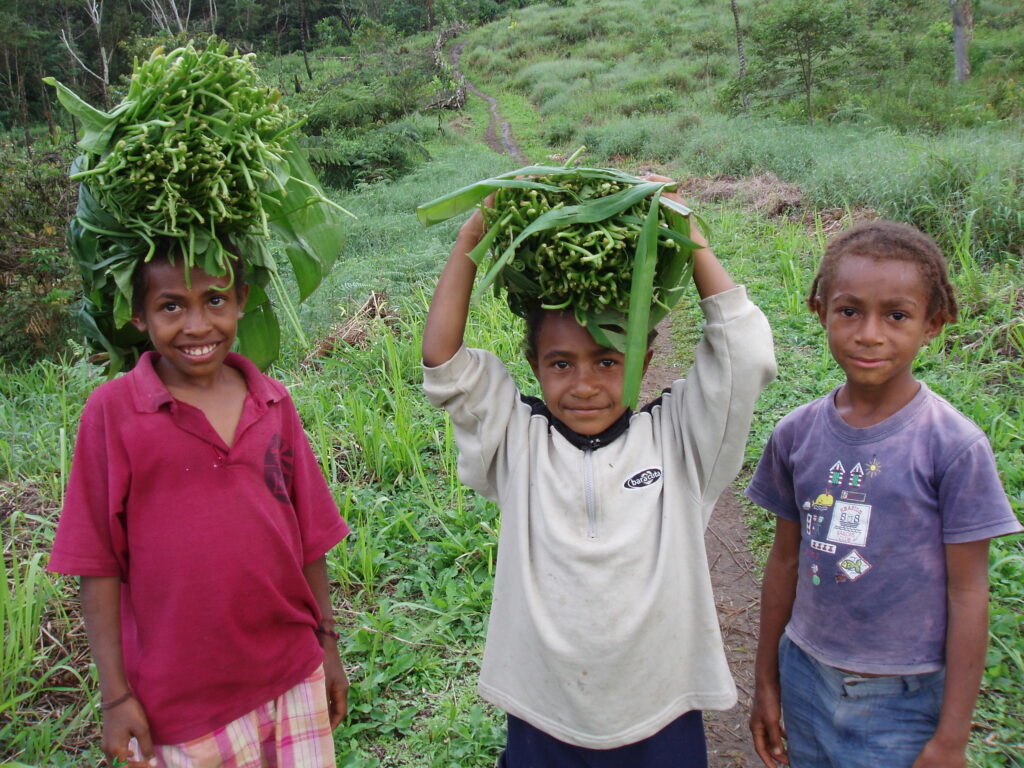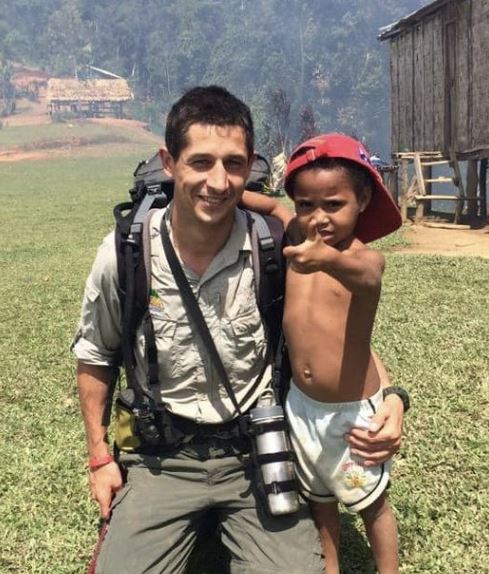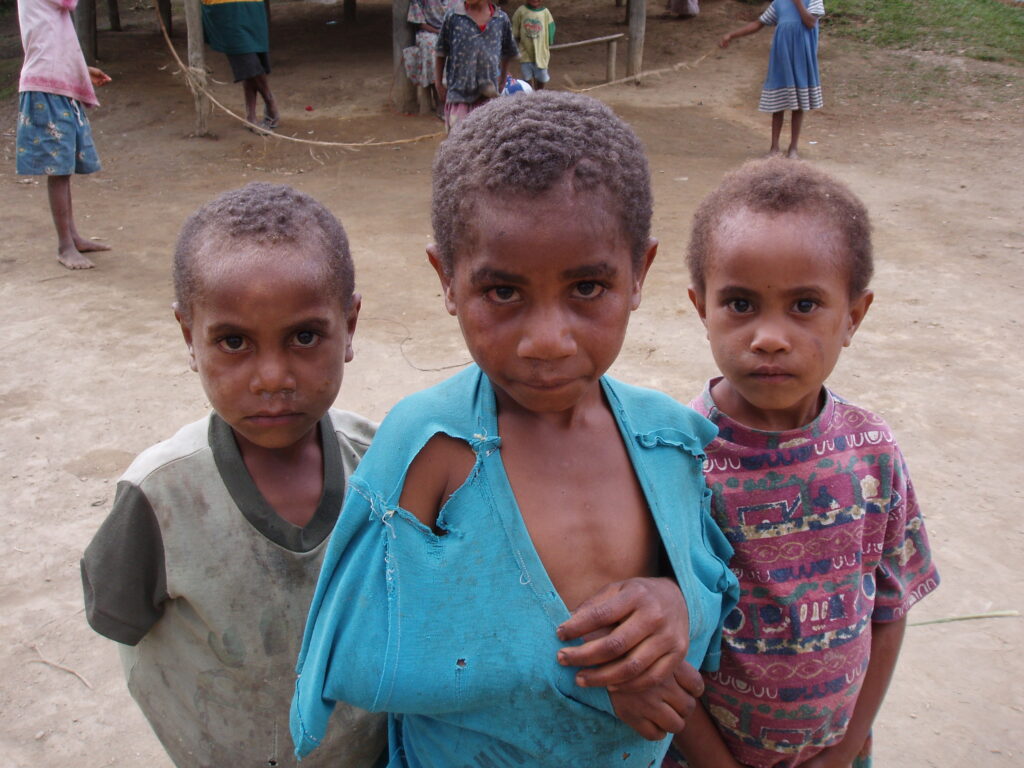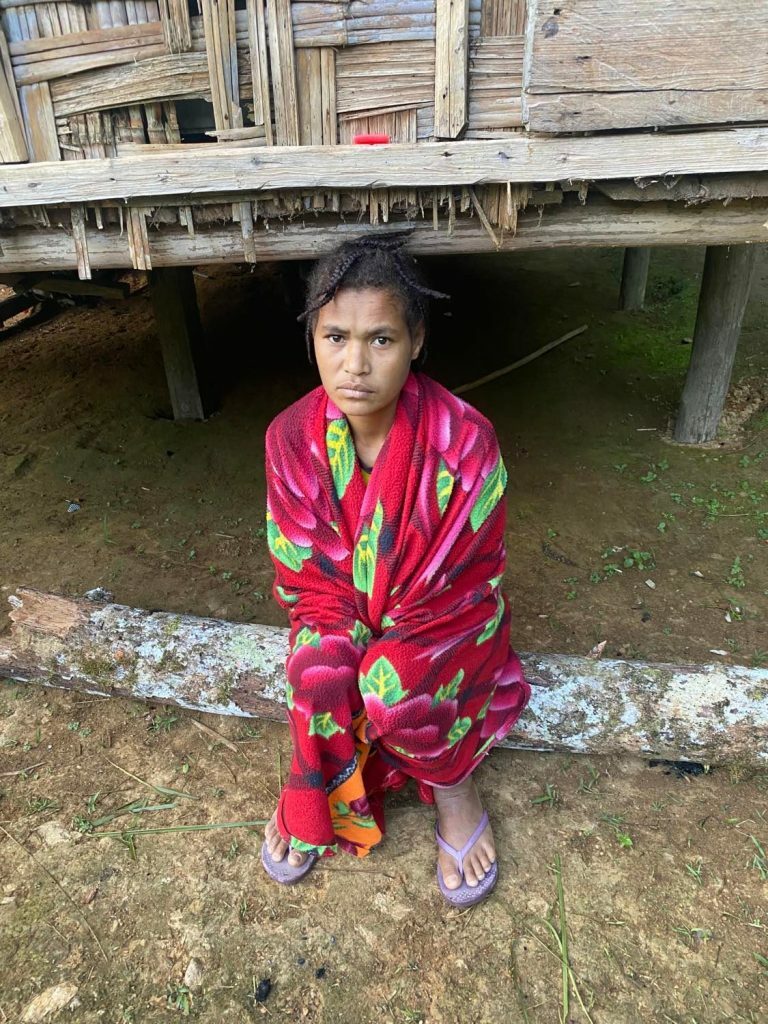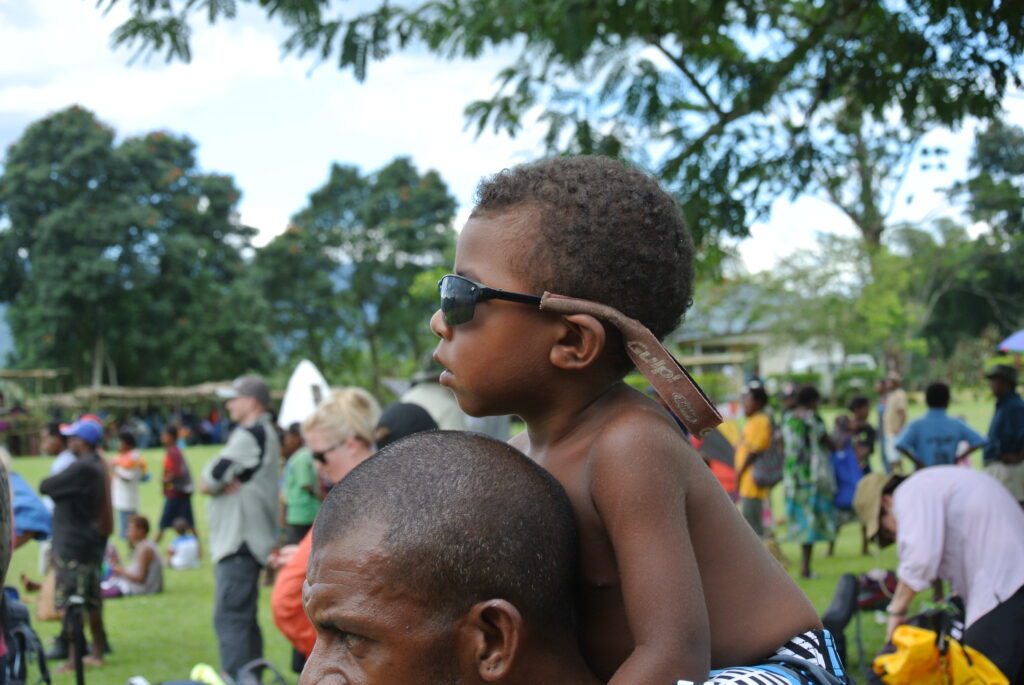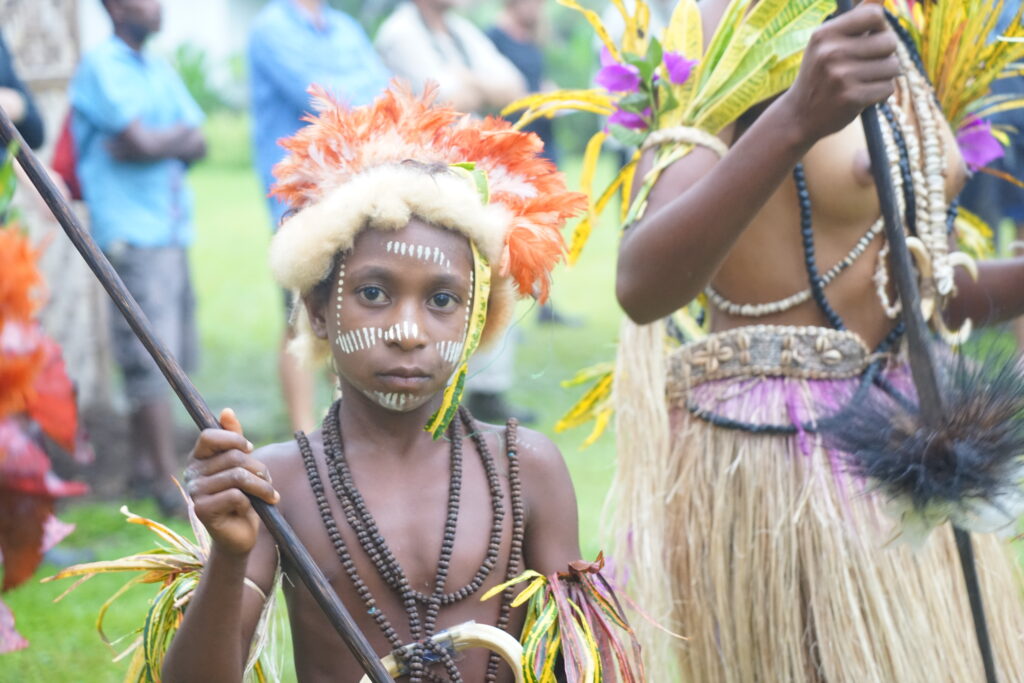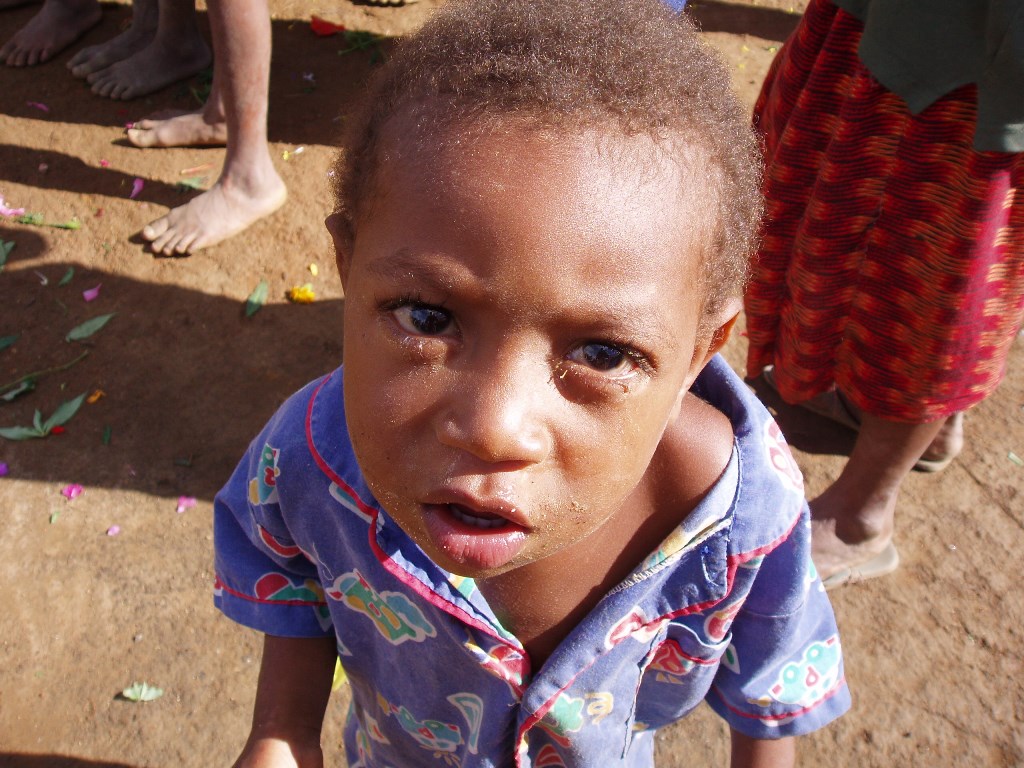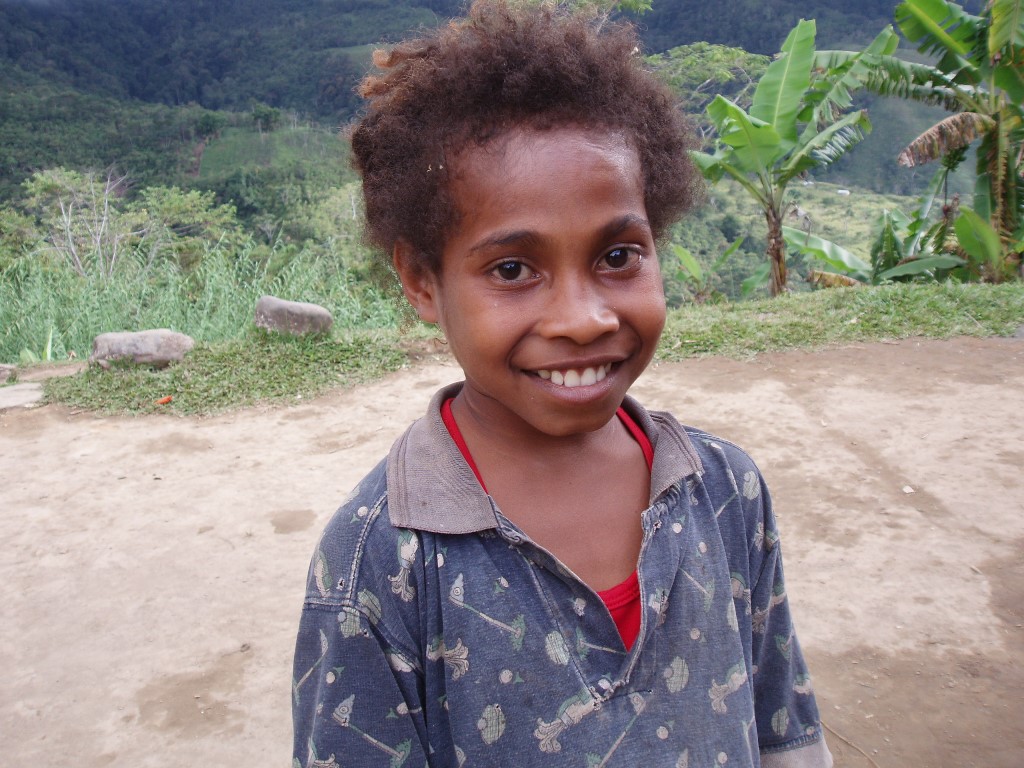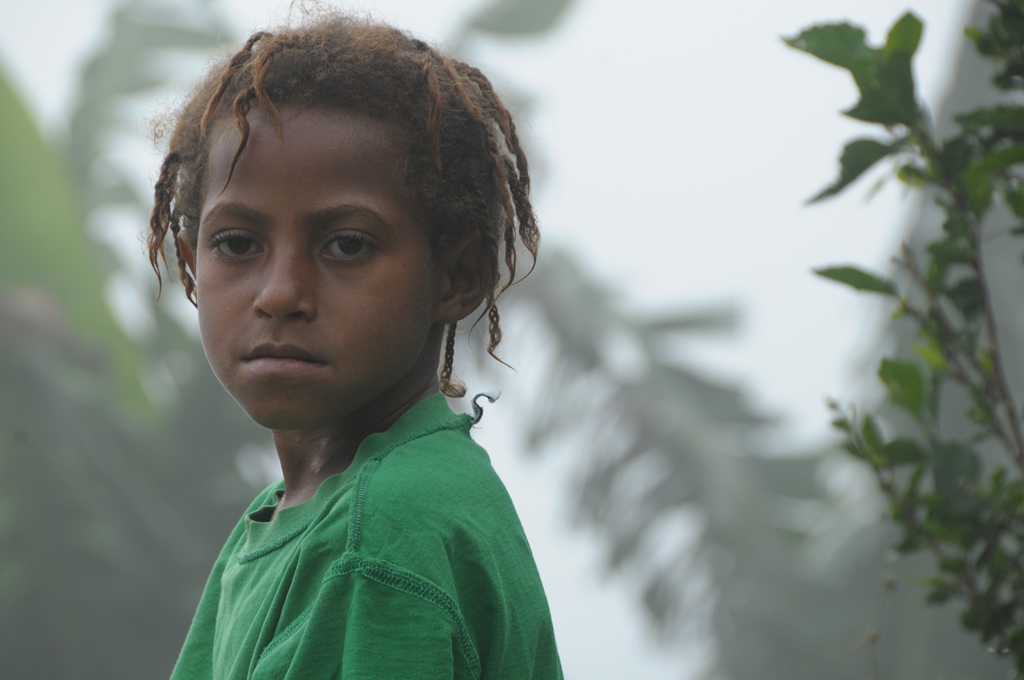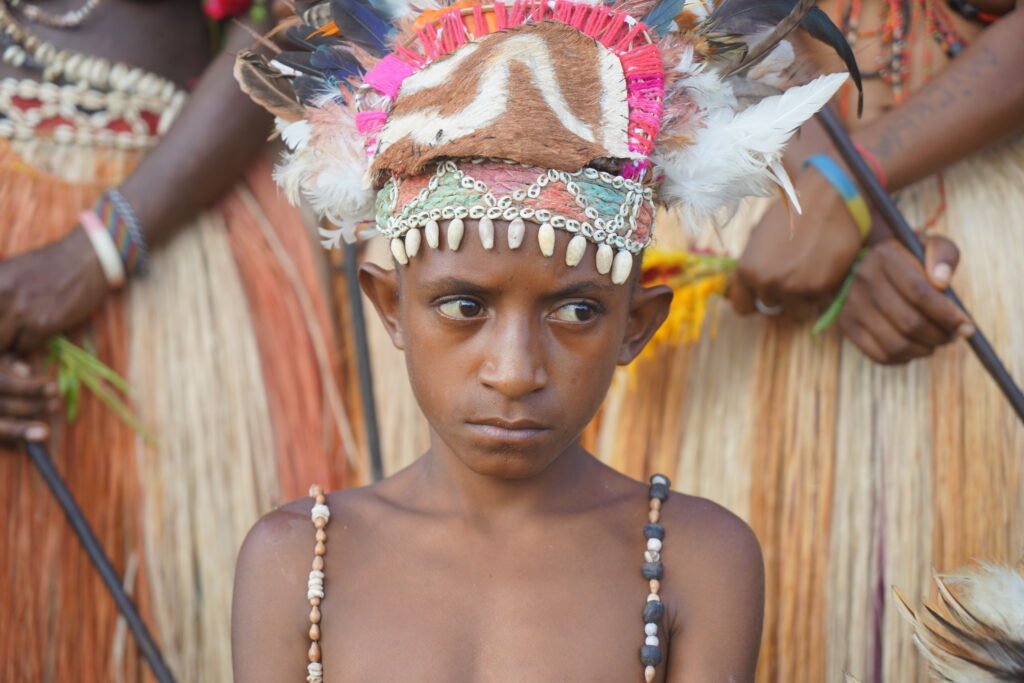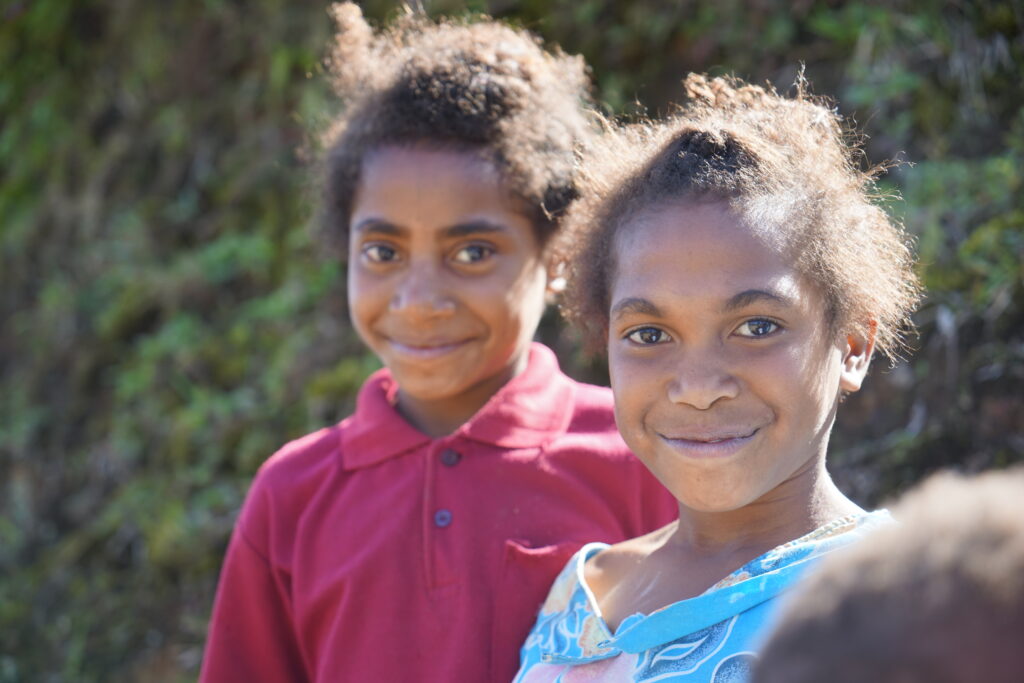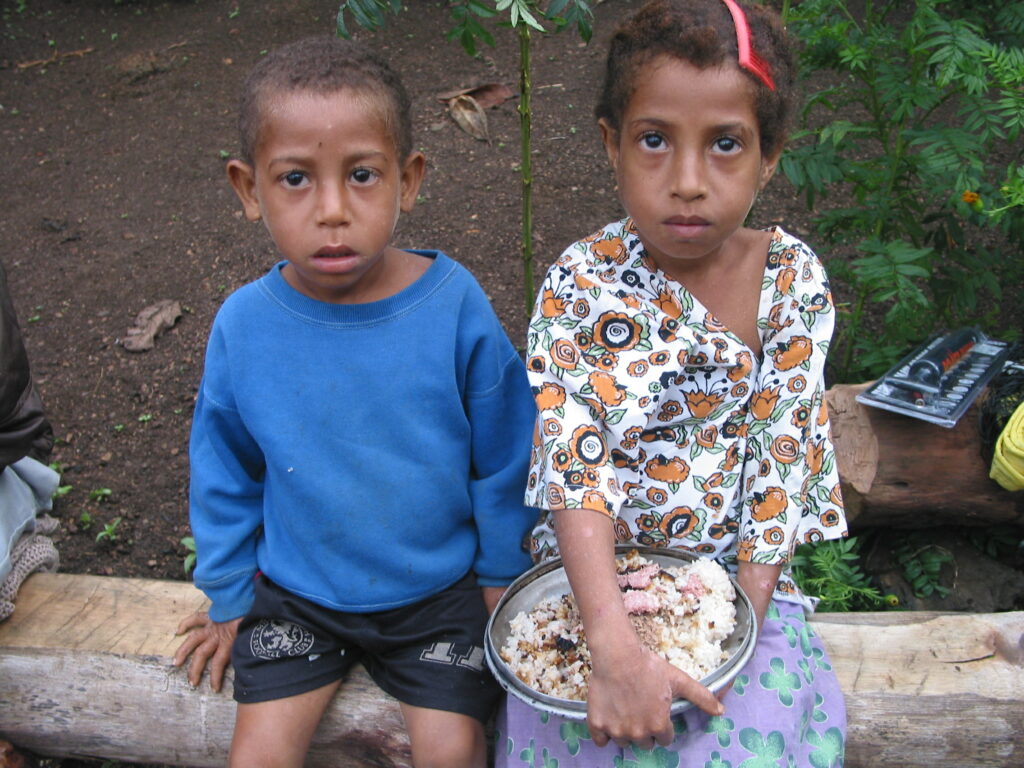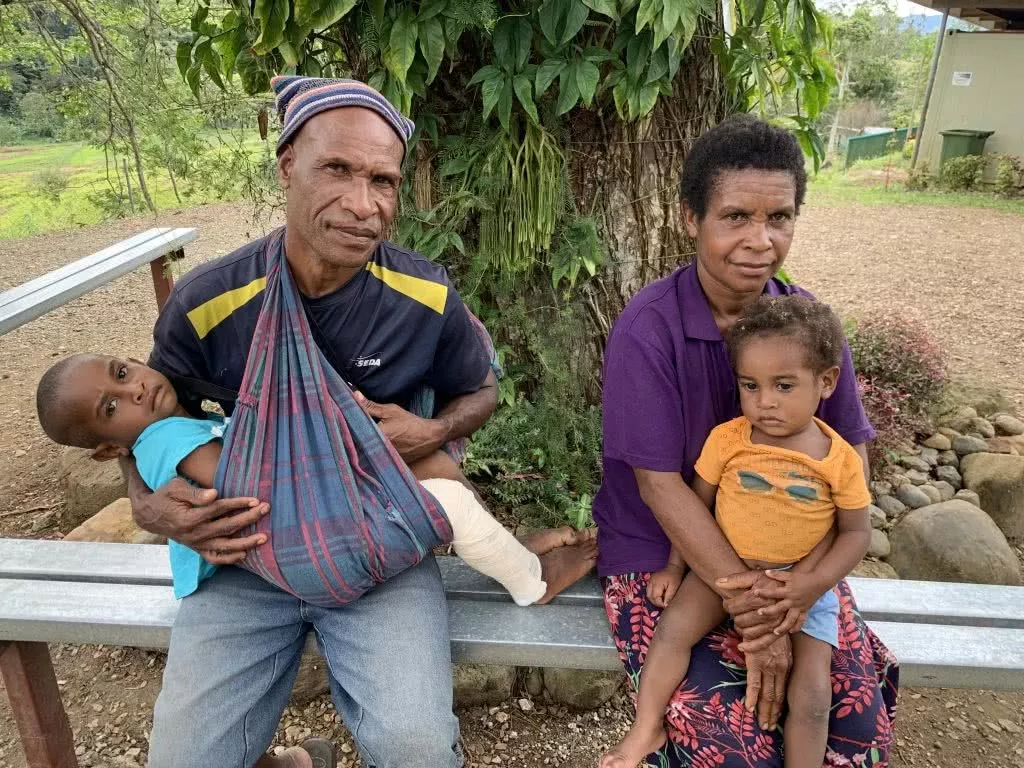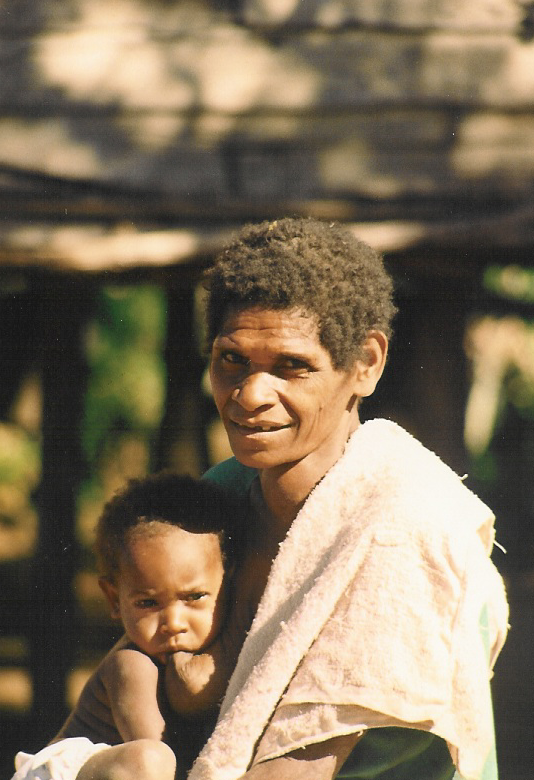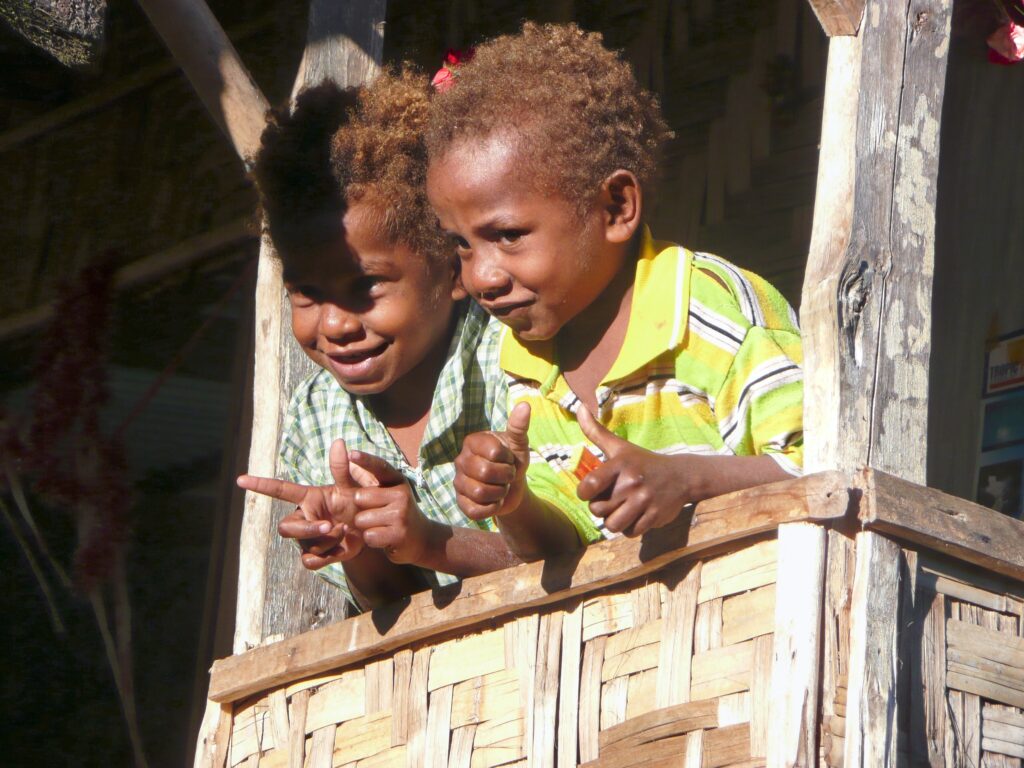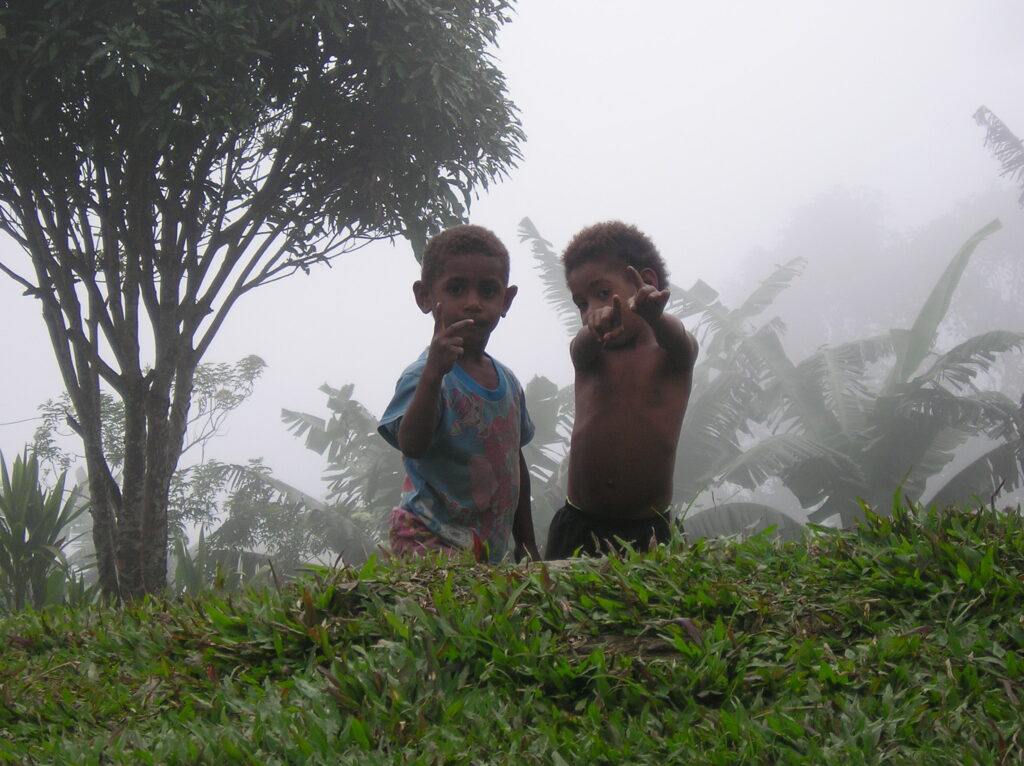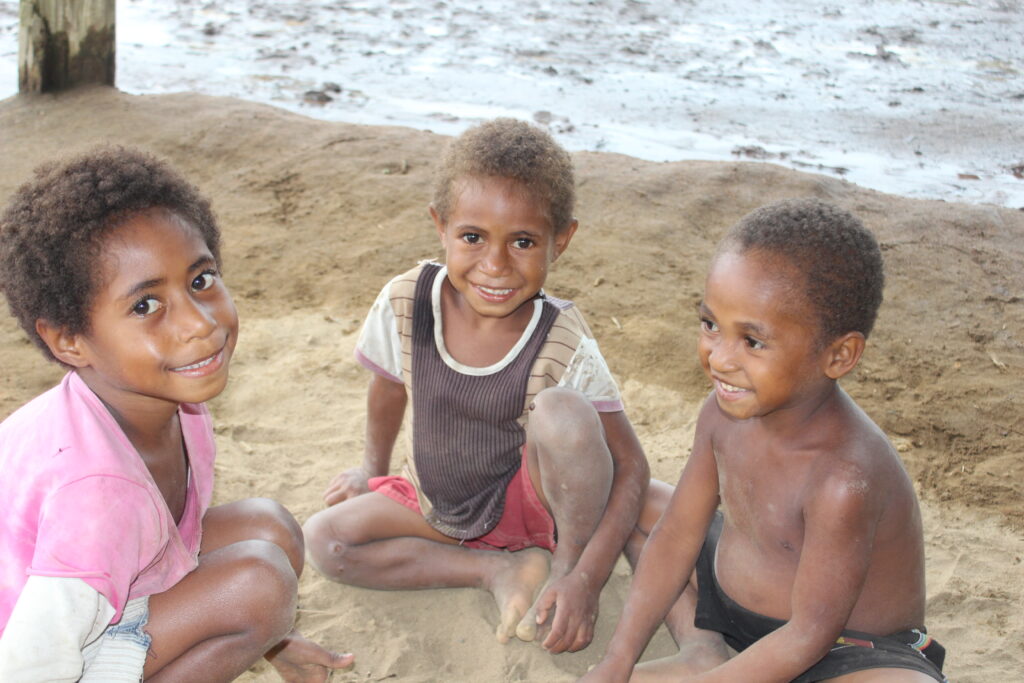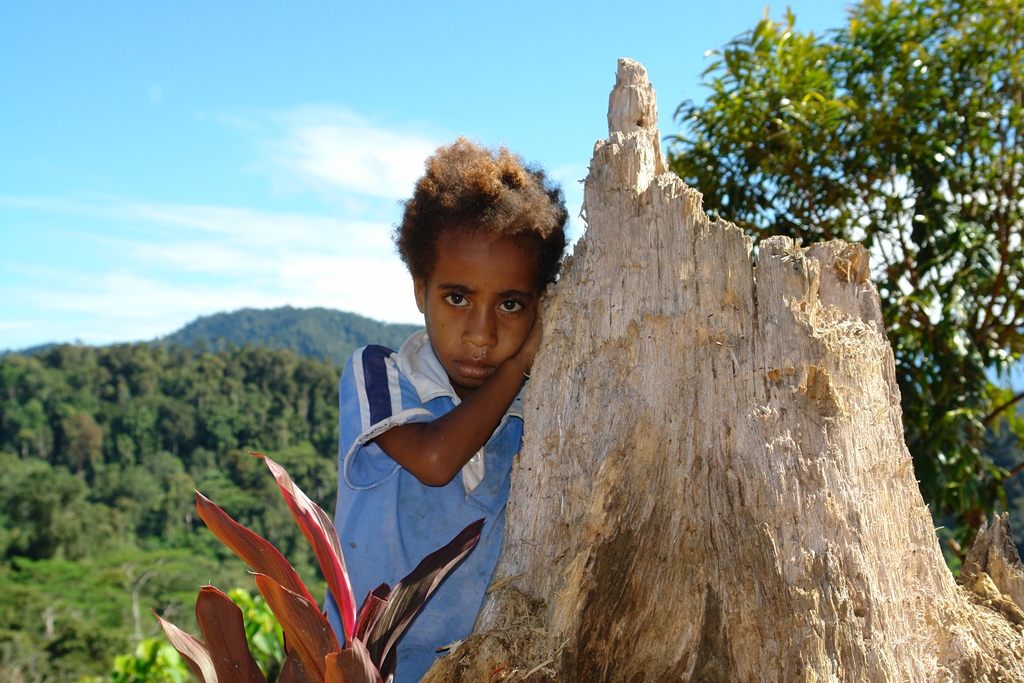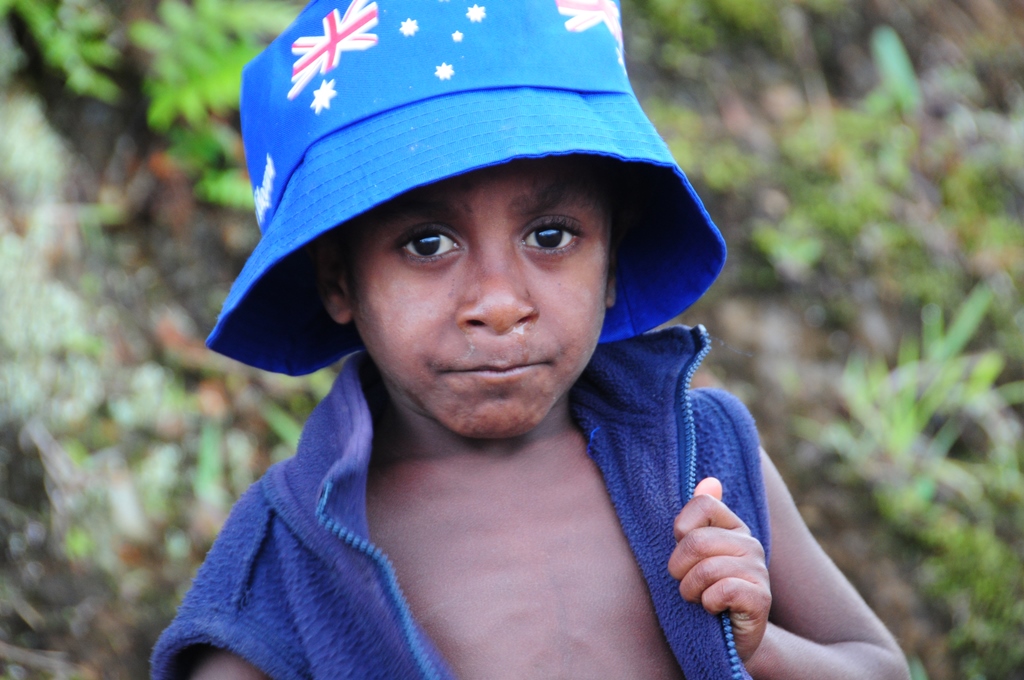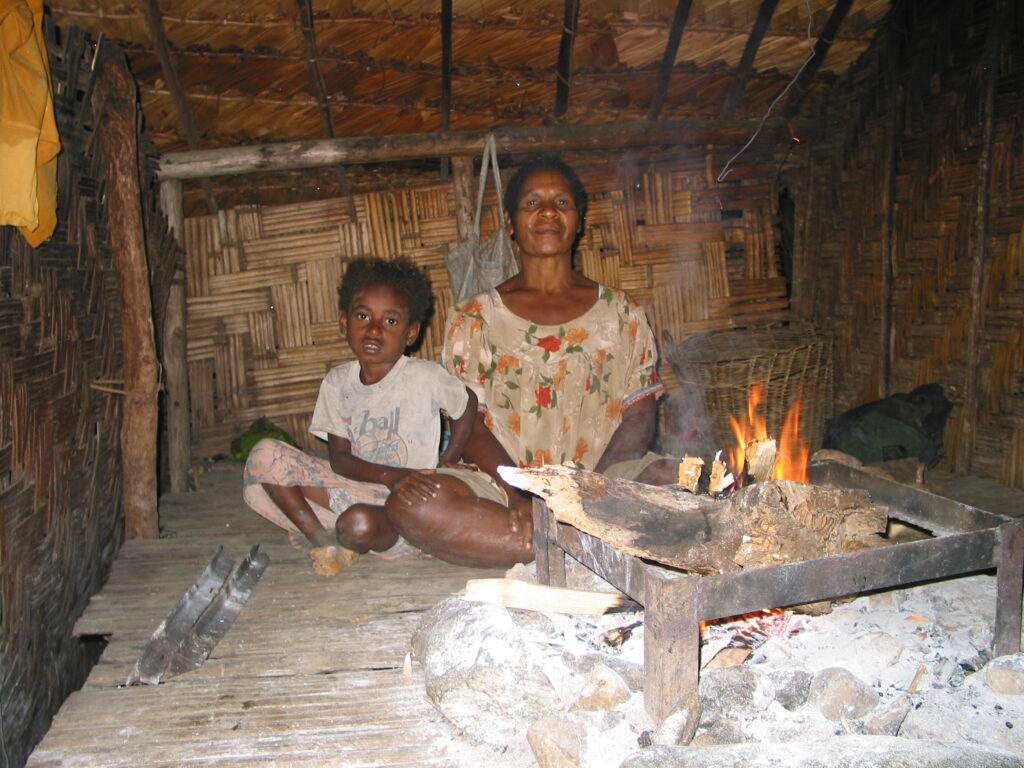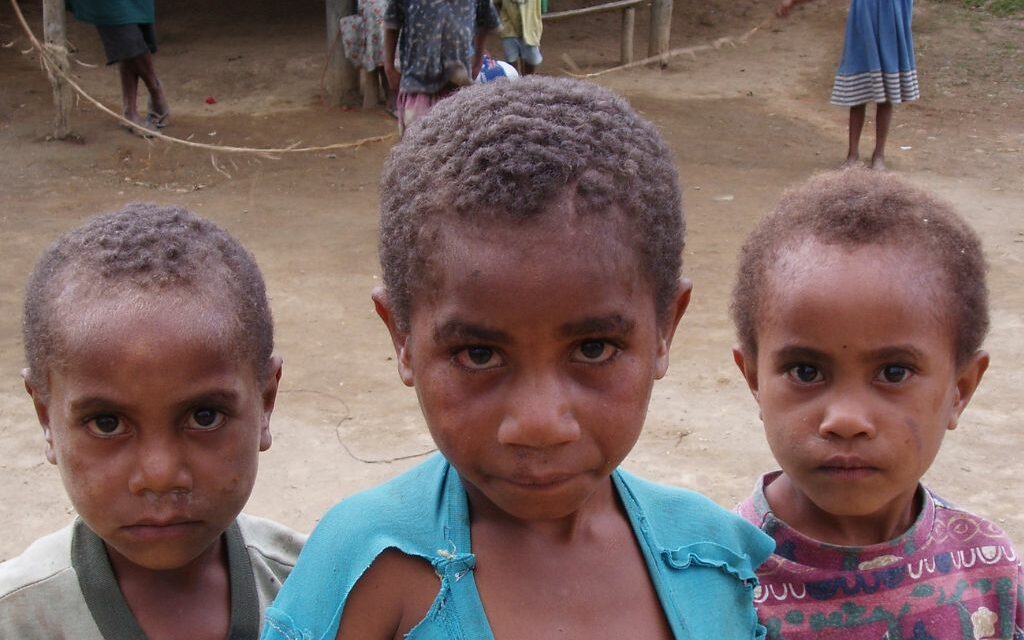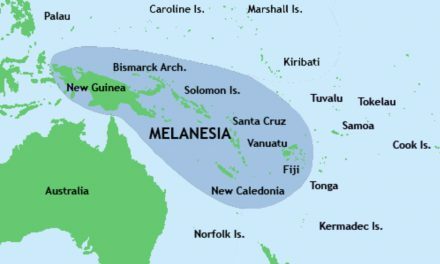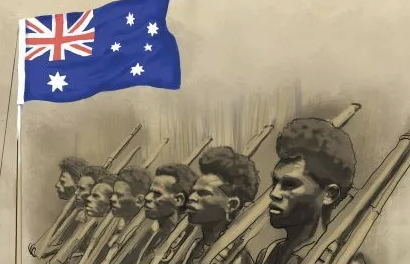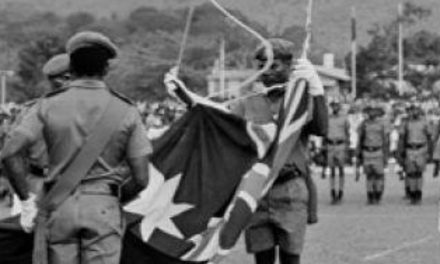PNG is the only country in the World to allow its most popular tourism destination to be managed as an environmental experiment for the benefit of aid-funded foreign officials rather than as a commercial tourism enterprise for the economic benefit of traditional landowner communities across the Kokoda Trail.
When I first trekked Kokoda in 1991 local villagers across the Trail earned zero income as only a small number of Australians trekked across it each year.
Trek groups carried their own dehydrated food and usually engaged a couple of local guides to support them. There was no organization in place to manage it; no fees were payable; and there was no economic benefit for subsistence villagers.
Since then, more than 55,000 Australians from all walks of life have trekked across it.
Research has revealed they are motivated by the military heritage of the Trail along with the physical and emotional challenge it presents – it is a unique pilgrimage in this regard.
It has since generated around $250 million (K570 million) in tourism revenue for PNG airlines, hotels, transport, supermarkets, camping stores, employment of guides, campsite fees, and local services.
Kokoda trek operators have paid more than $5 million (K12 million) in trek fees to the PNG Kokoda Track (Special Purpose) Authority.
Philanthropic donations of trekkers personal clothing, boots, medical and school supplies along with camping gear amount to a further $5 million (K12 million) in hidden benefits. For example, when trekking began in 1992 none of the guides or carriers owned a pair of boots – today they all have high value trekking boots valued at up to $450 (K1000) a pair which have been donated to them.
The value of positive publicity for PNG tourism from television documentaries, newspaper articles, and social media reports would be tens of millions of dollars.
However, since the Australian Government assumed responsibility for the management of the Trail via the DFAT funded ‘Kokoda Initiative’, the PNG Conservation Environment Protection Authority (CEPA), and the Kokoda Track (Special Purpose) Authority in 2009, trekker numbers have crashed by 46%.
This has resulted in a cumulative loss in the region of $20 million (K46 million) in foregone wages, campsite fees and local purchases for subsistence village communities across the Trail.
The fall in trekker numbers is primarily because the DFAT funded Kokoda Initiative and CEPA have failed to invest in any military heritage sites to enhance the value of the pilgrimage for international tourists since they took it over in 2009.
They have also failed to introduce any management systems for Kokoda tourism – the ‘law of the jungle’ therefore prevails across the Trail as trek groups clash over campsites that do not have the capacity to meet demand.
After two decades in charge, it is still not possible to book a campsite; there is no trek itinerary management system in place for groups; sections of the Trail remain dangerously unsafe; and there are no toilets which meet the most basic hygiene standards.
Local villagers have been disenfranchised as no micro-business programs have been introduced to assist them to earn additional income by meeting the needs of trekkers.
Their engagement of consultants, anthropologists, archaeologists and environmentalists to search for ‘objects’ across the trail has no relevance to the development of a pilgrimage tourism industry.
The failure to engage an accredited Australian Military Heritage Architect to develop a Military Heritage Master Plan for the Kokoda Trail continues to limit its potential as a World-Class pilgrimage tourism destination for international trekkers.
The failure to develop a database of trekkers has severely limited the opportunity to raise a significant amount of money each year for charitable causes across the trail.
The failure to train local villagers to earn additional income from trekkers through the provision of services to meet their needs has deprived them of their rightful share of benefits from Kokoda tourism.
The failure to develop a Trek Itinerary Management System and a Campsite Booking System has limited the income earning opportunities for villagers across the trail as they have no idea who is arriving, or when, and are therefore unable to prepare goods and services to meet their needs and earn additional income.
The failure to protect the welfare of PNG guides and carriers engaged by illegal Kokoda tour operators is a serious breach of the Kokoda Track Authority’s ‘Duty of Care’ towards the people they are supposed to protect from exploitation.
This will not change while PNG continues to allow their most popular tourism destination to be managed as an environmental experiment for the benefit of foreign officials rather than as a commercial tourism enterprise for the economic benefit of traditional landowner communities across the Trail.
Covid provided an opportunity for them to review the rise, fall and future of Kokoda tourism under their watch since 2009 – instead they tucked themselves away in their offices to draft an environment bill which will lead to the further demise of pilgrimage across the Kokoda Trail: Environment Bill: A Suicide Note for Pilgrimage Tourism.
I live in hope that PNG tourism officials will one day detach themselves from their computer screens in Port Moresby and take responsibility for their most popular tourism attraction so it can achieve its potential as a world-class tourism destination for the economic benefit of their villagers who own the land sacred to our shared military heritage.
After all – that’s their job!
Until then, villagers along the Trail will be consigned to a Third World aid-dependent subsistence existence.
Based on my 32-year engagement with them they are worthy of much than that – BUT – if it’s to be – it’s up to PNG!
